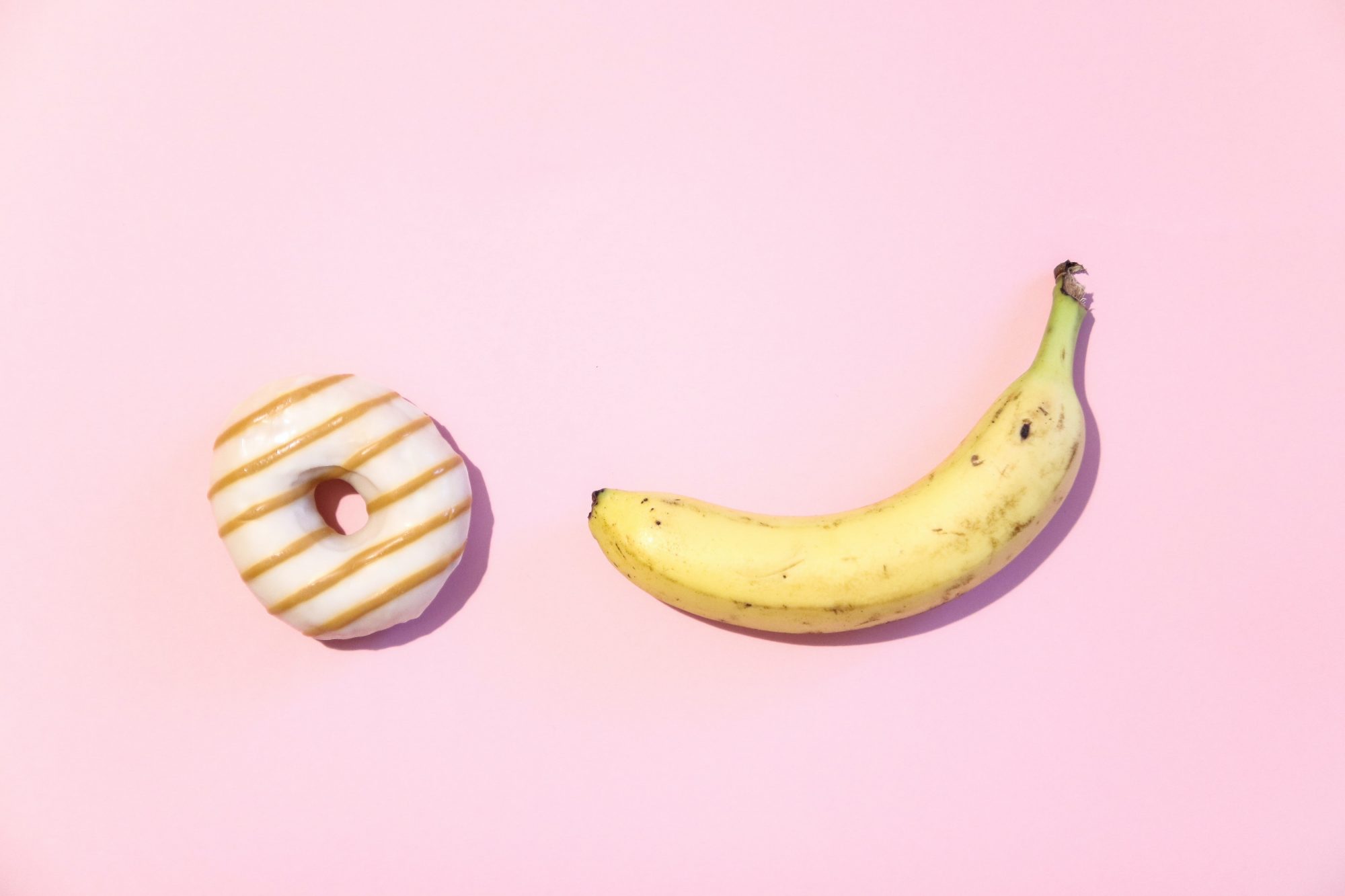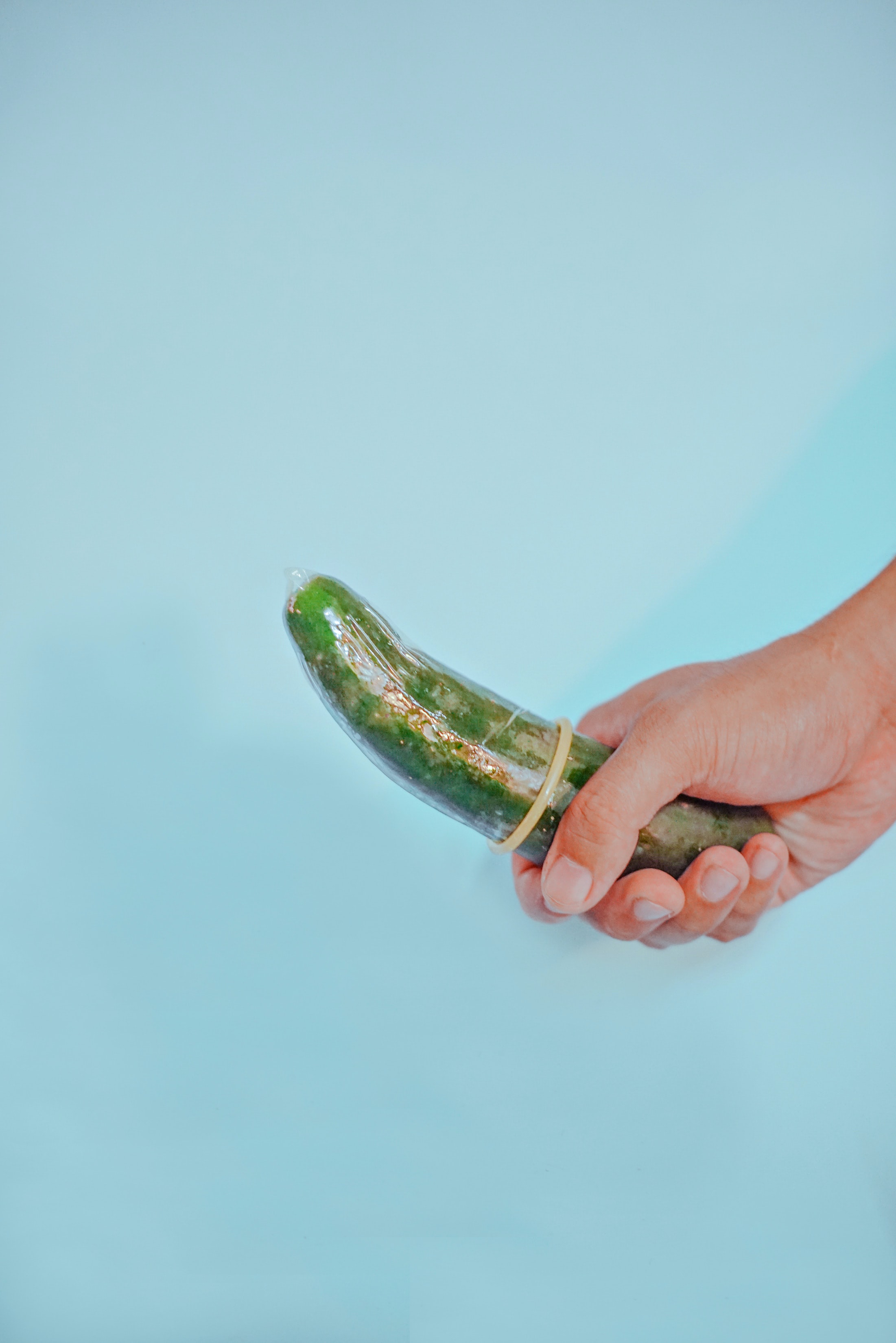Recently, local celebrity Jacelyn Tay's "candid" conversation on casual sex with her nine-year-old son Zavier Wong sparked quite a discussion online.
Her post was taken down after Tay deemed that society was not ready for such a discussion but you can read about it here:
Between my colleagues and I, Tay's post triggered a discussion about our own experience with sex education at home and elsewhere, with the consensus being that it was largely inadequate if not non-existent.
Most of us turned to the Internet when our parents weren't able (or willing) to provide the talk about the birds and the bees. And you know what happens when you take the Internet as a teacher.
"It's nothing like porn"
This was Alfred's* answer to my question: What do you wish you knew about sex when you were younger?
Considering that our younger selves were by and large led by our hormones most of the time, it shouldn't come as a surprise that many of the colleagues I surveyed said they wish they were taught or informed about pornography.
Specifically, how it is, in Emma's* words, a "terrible depiction of real sex":
"Learning from porn creates unrealistic and unhealthy expectations."
Here's an example. If you gained most of your sex education from pornography, you probably might not know that, unlike the porn actresses who can reach their orgasms right on schedule, it's a lot more difficult for women in real life.
In fact, it's common for women not to have orgasms during sex.
And this is what Clara* wished she had known when she was younger.
"It is very hard for females to [reach] orgasm, and females should be encouraged to explore their body and what they like. This would help greatly in their sexual life with their partner in the future."
Sam* took a more reflective approach to porn:
"I wish I was taught about porn, like why does porn exist and is watching porn harmful? What happens if you watch too much porn or can porn help one’s mental and physical health? And also how does sex help in improving one’s relationship?"
Safe sex better than no sex?
Much of what we were taught about sex when we were younger reflected the cultural norms and religious beliefs of most Singaporeans, which espoused a more conservative set of values, like marriage before sex, abstinence, modest dressing, and so on.
 "I had the belief that penetration for the first time is meant to be painful for the woman," said a colleague. Image credit: Dainis Graveris on Unsplash
"I had the belief that penetration for the first time is meant to be painful for the woman," said a colleague. Image credit: Dainis Graveris on Unsplash
James*, who spent 13 years in Catholic school hearing about the importance of abstinence, had this to say about sex: "Sex is not a bad thing as long as you practise safe sex with the right person of the right age."
Similarly, Jennifer* wished that safe sex had featured more on the agenda in sex education classes.
"I wish I was educated more on safe sex (rather than abstinence), the importance of consent (rather than not dressing in revealing clothes), and be taught that curiosity about such topics doesn’t make anyone a pervert or a bad person."
Taboo or not taboo
That last bit of Jennifer's answer stood out to me.
Sex, today, remains an uncomfortable topic to discuss among Singaporeans. Case in point, I had to create a Google Form to collate all these responses (completely anonymous, of course) after someone reminded me that it's hard for people to talk about their sex life with their colleagues.
But here's the dilemma: The more we don't talk about it, and instead choose to relegate it to the bedroom, hidden under layers of blankets and comforters, the more it becomes a taboo topic — never to be spoken of and only to be experienced when the right time comes.
And when things are left unexplained, they have a habit of metastasising into myths and misinformation. Emma, who had quite a lot to say about sex as a taboo topic, pointed out:
"Because everything related to sex is so taboo and awkward for people to talk about, it becomes so easy for misinformation and widely circulated myths to be passed around as fact. For example, I had the belief that penetration for the first time is meant to be painful for the woman, but while it can be — it doesn't have to be so."
There are long term consequences when you treat myths as facts from an early age. Emma still feels the "lingering effects" of the shame she was conditioned to feel because of her sexuality:
"I think it has affected my intercourse with my partners negatively. I am less comfortable in my own body, especially sexually, and it's a barrier I'm still trying to get past in my twenties."
She also opined that it's harder for women to express their sexuality because of the mixed messages they get from the world:
"I think it's even more difficult for women to express themselves sexually or feel like a sexual being, likely due to the over-sexualisation of women in media and real life, although these women are criticised yet adored for it.
Also, guys are never told that they should preserve their virginity. As a kid, girls are always instructed to be prim and proper and scolded for being indecent, but the same standards are not held for boys."
"Some things only need to be tried once before it ruins your life forever"
Perhaps the most serious consequence of misinformation — or in some cases, lack of information — happens when young people make misinformed decisions based on them.
Robert* provided this cautionary tale involving a friend:
"She never knew the necessity of condoms and had unprotected sex with a few casual sexual partners, ended up getting a sexually-transmitted disease (STD) with no cure, only control. she said this information wasn't taught at school when she was growing up."
 Among young people, there's also misinformation regarding how contraception should be used. Image credit: Dainis Graveris on Unsplash
Among young people, there's also misinformation regarding how contraception should be used. Image credit: Dainis Graveris on Unsplash
Such decisions are made in a split second but their effects are felt for a lifetime. A friend whom I met over coffee recently had an encounter that underscores this point.
"Putting aside religious values, I think that it's okay to try many different things (e.g. different positions, different fetishes, etc) so you know what you like and don't like. But I wish the adults in my life taught me that some things only need to be tried once before it ruins your life forever."
This epiphany came to him after his former girlfriend gave him an STD, which thankfully, was curable.
But what if it wasn't? What if she had given him HIV? And that thought terrified him enough to make some life-changing decisions (she became his ex-girlfriend) and establish equally life-changing habits (insisting on using condoms during sex).
Evidently, we have different opinions on what we wish we were taught about sex when we were young and impressionable.
Perhaps if Jennifer was taught the importance of consent in school, she would be more empowered now to say "No" to an unwanted sexual overture.
In an alternate timeline, Robert's friend would have escaped the clutches of an incurable STD thanks to a preemptive talk by her parents about the dangers of casual sex.
Now as adults, informed by our lived experience over the years, we look back and think that if we had been taught differently, be it at home or in school, we might make wiser choices today.
But then again, hindsight is 20/20.
Who knows, even if we get the education we wished for, maybe our younger selves wouldn’t pay any heed because we would be too busy giggling over the number of times an adult says "penis".
*These aren't their real names, of course.
Top image credit: Dainis Graveris on Unsplash
If you like what you read, follow us on Facebook, Instagram, Twitter and Telegram to get the latest updates.
